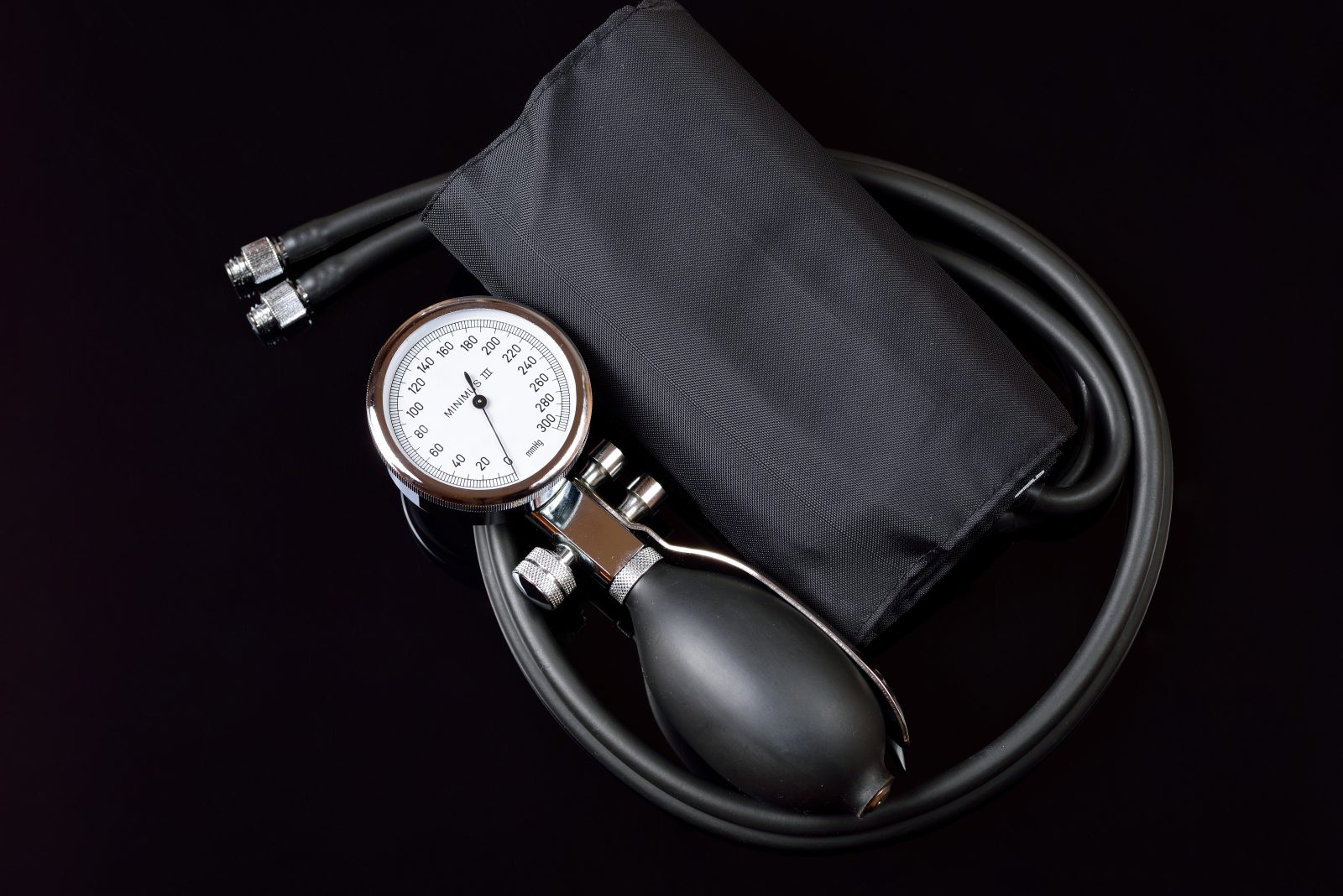


Discovery: Renin Nanotech for Blood Pressure Control, Pt. 2
On this ID the Future, physician Howard Glicksman and host Eric Anderson dive deeper into the body’s exquisite blood pressure control system, cueing off a new discovery described at Science Daily as uncovering “the location of natural blood-pressure barometers inside our bodies that have eluded scientists for more than 60 years.” According to the primary research paper at Circulation Research, “Renin-expressing cells are essential for survival, perfected throughout evolution to maintain blood pressure (BP) and fluid-electrolyte homeostasis.” How did evolution perfect the system? How did it originate the system? The paper never says. The mention of evolution appears to be little more than a de rigueur genuflection before the reigning paradigm of blind evolution. What is bearing actual fruit, according to Glicksman and Anderson, is a systems biology approach that has little or nothing to do with evolutionary theory. Systems biologists assume for the sake of research that a biological system under investigation is optimally engineered, and then, working from this assumption, seek to discover the purposes of hitherto mysterious parts and processes in the system. * Dr. Glicksman flagged one point in his podcast commentary in need of correction. Although the lack of aldosterone is generally incompatible with life, a person likely could live several weeks as their hormone levels plummeted. What he meant to say was that if the kidneys could not take back any of the sodium that they filter, human life would only last about a half hour. Either way, the details underscore how vital all the parts of the renin angiotensin aldosterone system are for life.

Darwin Devolves Author Michael Behe Tangles with Two Philosophers, Pt. 3
On this ID the Future, ID biologist Michael Behe continues fielding tough questions from philosophers Pat Flynn and Jim Madden. Here in Part 3 of 3, Behe responds to the claim that some designs in biology are bad designs and to criticisms leveled at ID from some Thomists. Also in the mix, the issue of academic pressure to distance oneself from ID, even before those involved understand what the theory of intelligent design actually is. Madden also asks Behe what reforms he’d pursue if he suddenly found himself in charge of the National Academy of Sciences. Tune in to hear Behe’s response, and much more. This three-part series is borrowed, with permission, from Flynn’s podcast, which can be found on his YouTube channel.